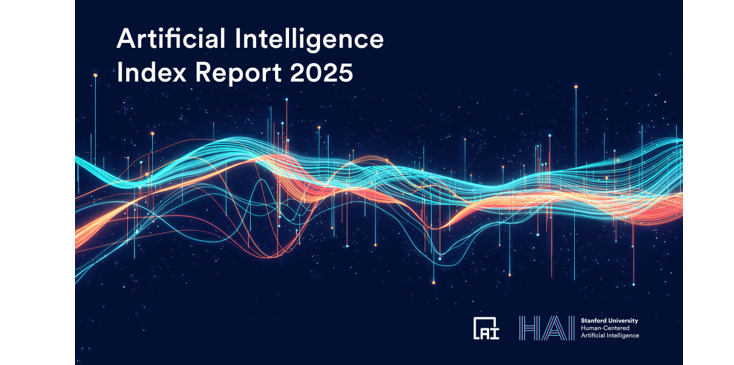Introduction to Levi Strauss’ Digital Transformation
In its pursuit of a direct-to-consumer (DTC) first business model, Levi Strauss is weaving AI and cloud platforms into its core operations. The nearly 175-year-old apparel company is leveraging Microsoft technologies to modernise its consumer experiences and improve internal productivity. Levi Strauss’ approach provides a case study for other enterprises in using a unified technology stack to address a specific commercial objective.
AI ‘Superagent’: A Unified Front-end for Operations at Levi Strauss
A central component of this initiative is the development of agentic AI solutions. Levi Strauss is deploying an Azure-native “orchestrator agent” embedded within Microsoft Teams, which functions as a “superagent”. This agent serves as a single conversational portal for employees across corporate, retail, and warehouse environments. Operationally, it fields employee questions and routes them to specialist behind-the-scenes subagents, some of which are already deployed. This points toward a consolidation of employee-facing tools; instead of training staff on multiple applications, the agent provides a single interface to streamline workflows.
The Role of AI in Levi Strauss’ Business Model
This AI-centric business model is part of a wider goal outlined by Jason Gowans, Chief Digital and Technology Officer at Levi Strauss & Co. “We’re rewiring Levi Strauss & Co to be a DTC-first, fan-obsessed retailer making every interaction faster, smarter, and more personal,” said Gowans. “AI sits at the center of that pivot—fueling innovation, elevating employee creativity, unlocking productivity, and helping us deliver the connected, memorable experiences that keep our fans returning again and again.”
Enhancing Productivity with AI and Cloud Technologies
This focus on productivity extends to the developer side. Teams are using GitHub Copilot for key projects involving quality engineering and release management. At the same time, other employees are being equipped with Microsoft Surface Copilot+ PCs. Employee feedback indicates these devices have led to improvements in speed and data handling, with features like the Copilot key reducing time spent searching for information.
The Foundational Cloud and Security Posture
Levi Strauss’ AI implementation rests on prerequisite infrastructure work. For business leaders, this highlights that advanced AI models require a consolidated cloud environment. As part of its broader digital efforts, Levi Strauss is relying on Microsoft Azure, having moved application workloads from its on-premises data centres. The company used Azure Migrate and GitHub Copilot to plan and execute the consolidation of its private data centre environment.
Leveraging the Full AI Ecosystem to Pivot Business Model
Levi Strauss’ initiative demonstrates an ecosystem-based approach to adopting AI. Rather than a piecemeal rollout of individual tools, the company is integrating AI agents, developer tools, and new hardware on top of a common cloud platform. Keith Mercier, VP of Worldwide Retail and Consumer Goods Industry at Microsoft, noted that Levi Strauss “exemplifies how iconic brands can reinvent themselves with cloud and AI technologies.”
Conclusion
Levi Strauss’ case study serves as a blueprint for linking AI and foundational cloud migration directly to high-value outcomes like the pivot to a DTC business model. By leveraging a unified technology stack and integrating AI agents, developer tools, and new hardware, companies can drive innovation, elevate employee creativity, and unlock productivity.
FAQs
- Q: What is Levi Strauss’ business goal with its AI and cloud implementation?
A: Levi Strauss aims to become a DTC-first, fan-obsessed retailer, making every interaction faster, smarter, and more personal. - Q: What technology is Levi Strauss using for its AI ‘superagent’?
A: Levi Strauss is deploying an Azure-native “orchestrator agent” embedded within Microsoft Teams. - Q: How is Levi Strauss enhancing productivity with AI and cloud technologies?
A: Levi Strauss is using GitHub Copilot for key projects and equipping employees with Microsoft Surface Copilot+ PCs to improve speed and data handling. - Q: What is the importance of cloud infrastructure in Levi Strauss’ AI implementation?
A: Advanced AI models require a consolidated cloud environment, which Levi Strauss is achieving by relying on Microsoft Azure and moving application workloads from its on-premises data centres.











